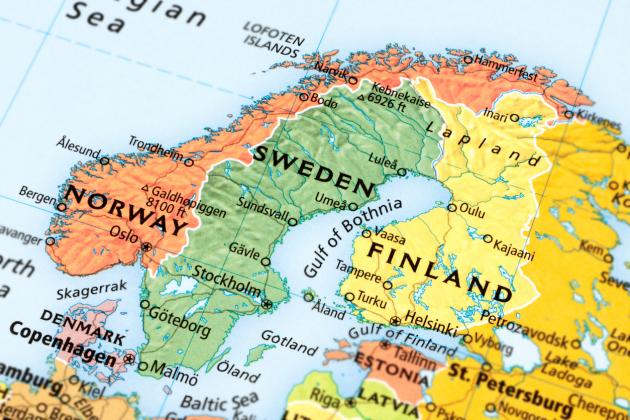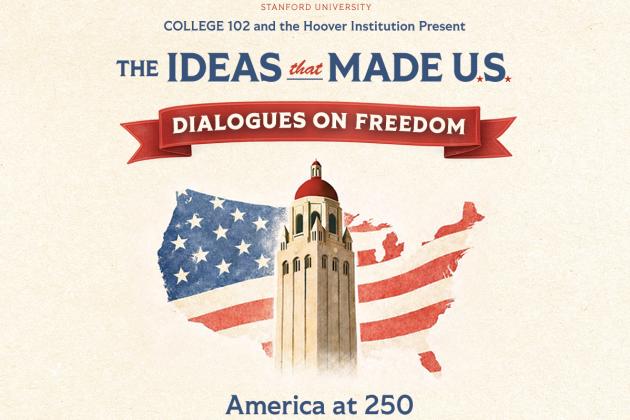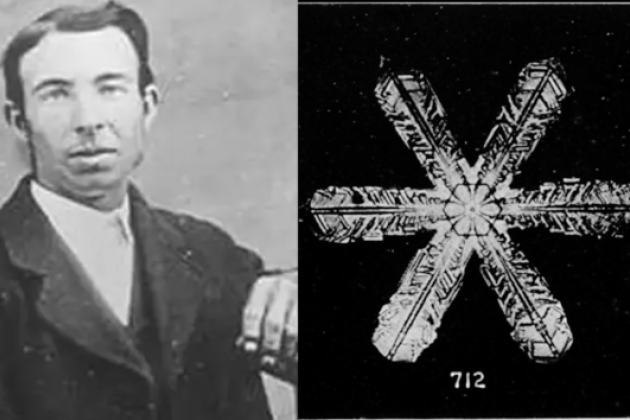Structural Adjustment Programs are commonly understood to refer to the conditional lending programs promoted by the World Bank and the IMF during the 1980s and 1990s, that aimed to downsize the state sector and encourage "Washington Consensus" economic governance standards across the Global South. This lecture argues that structural adjustment was in fact a much more ambitious project that began immediately in the wake of the colonial era, and that encompassed anti-Third World politics, the strategic use of debt crises to impose liberalizations, the application of shock therapies applied to ex-communist countries of Eastern Europe, and even the austerity programs applied in the wake of the Global Financial Crisis. The history of structural adjustment is thus a cipher for the march and triumph of neoliberalism. However, as the neoliberal era now draws to a close, we can see that the unintended albeit ironic consequence has been China's decision to pursue a radical trade surplus strategy that has deindustrialize the West.
Nils Gilman is the Vice President of Programs at the Berggruen Institute and a historian of development. He previously worked as Associate Chancellor at the University of California Berkeley, as Research Director at the Monitor Group, and at various enterprise software companies including Salesforce.com. He has won the Sidney Award from the New York Times and an Albie Award from The Washington Post. He is the author of Mandarins of the Future: Modernization Theory in Cold War America (2004) and Deviant Globalization: Black Market Economy in the 21st Century (2011). He holds a B.A. M.A. and Ph.D. in History from U.C. Berkeley.
This event is by invitation only.
WATCH THE DISCUSSION
ABOUT THE PROGRAM
This talk is part of the History Working Group Seminar Series. A central piece of the History Working Group is the seminar series, which is hosted in partnership with the Hoover Library & Archives. The seminar series was launched in the fall of 2019, and thus far has included six talks from Hoover research fellows, visiting scholars, and Stanford faculty. The seminars provide outside experts with an opportunity to present their research and receive feedback on their work. While the lunch seminars have grown in reputation, they have been purposefully kept small in order to ensure that the discussion retains a good seminar atmosphere.



















